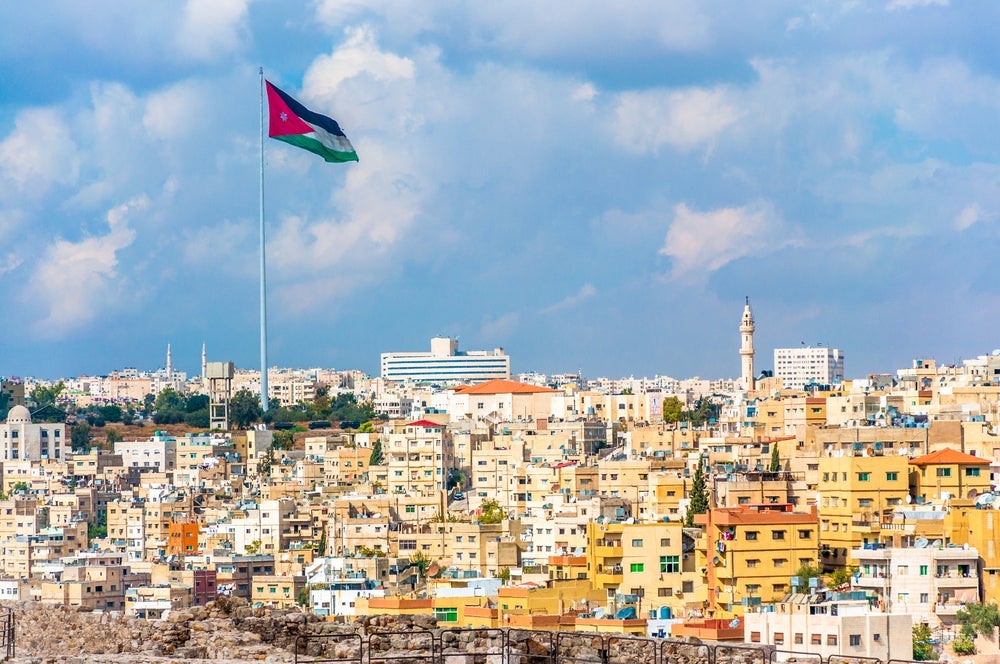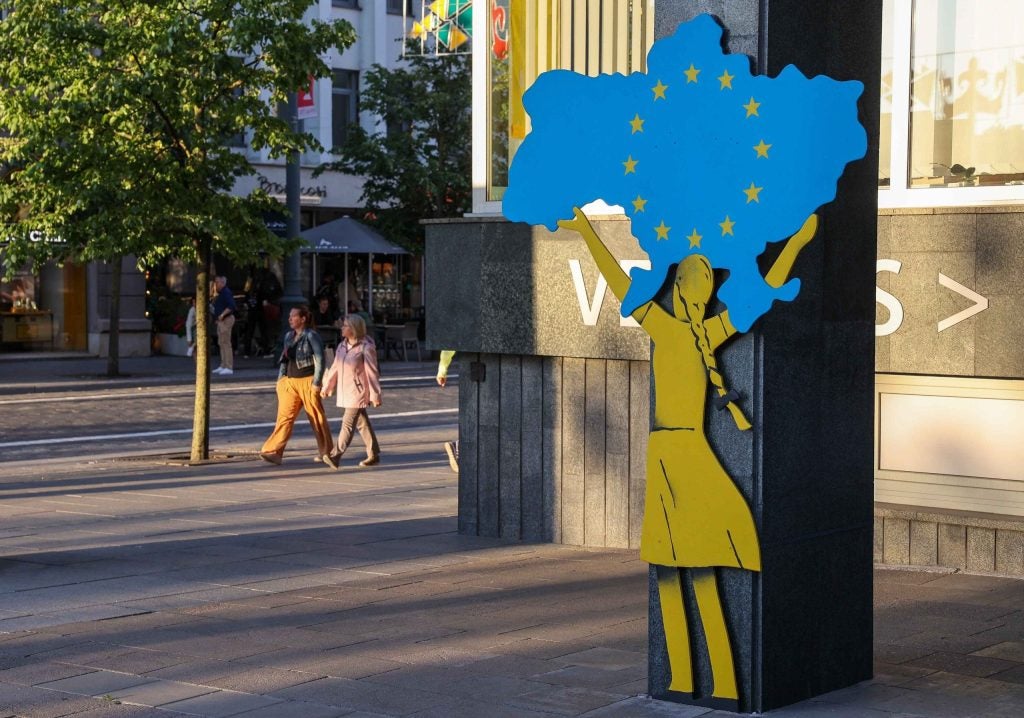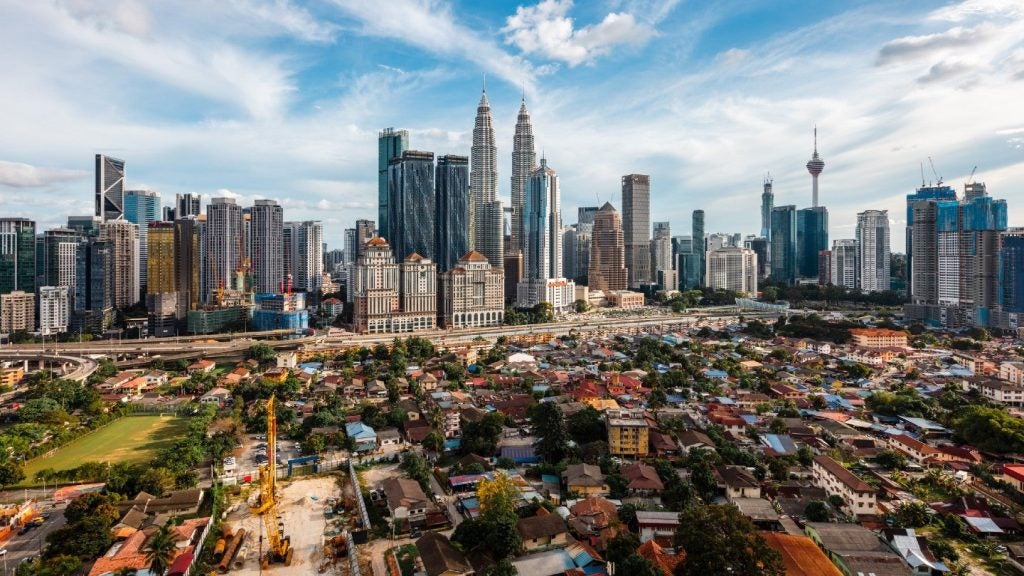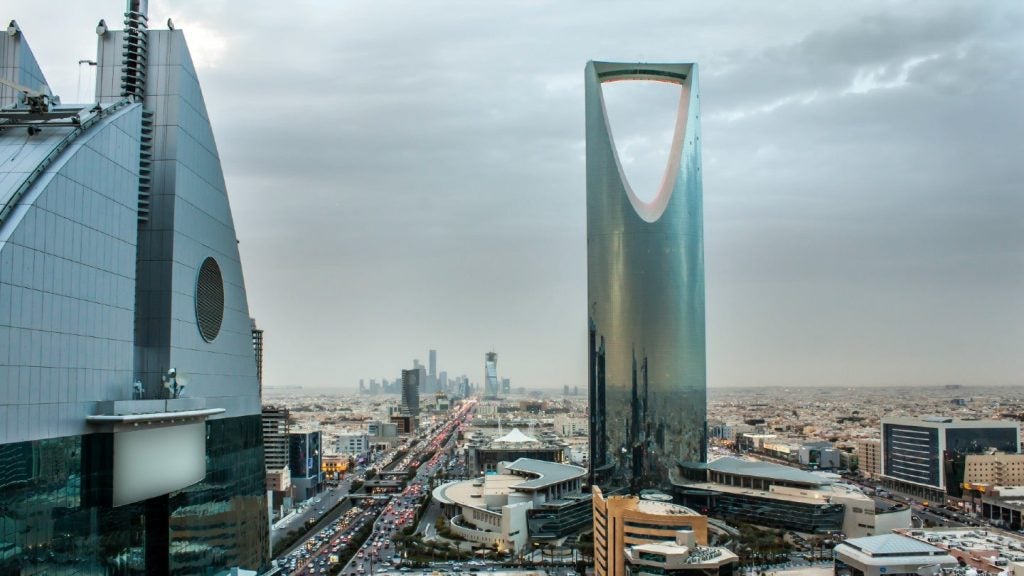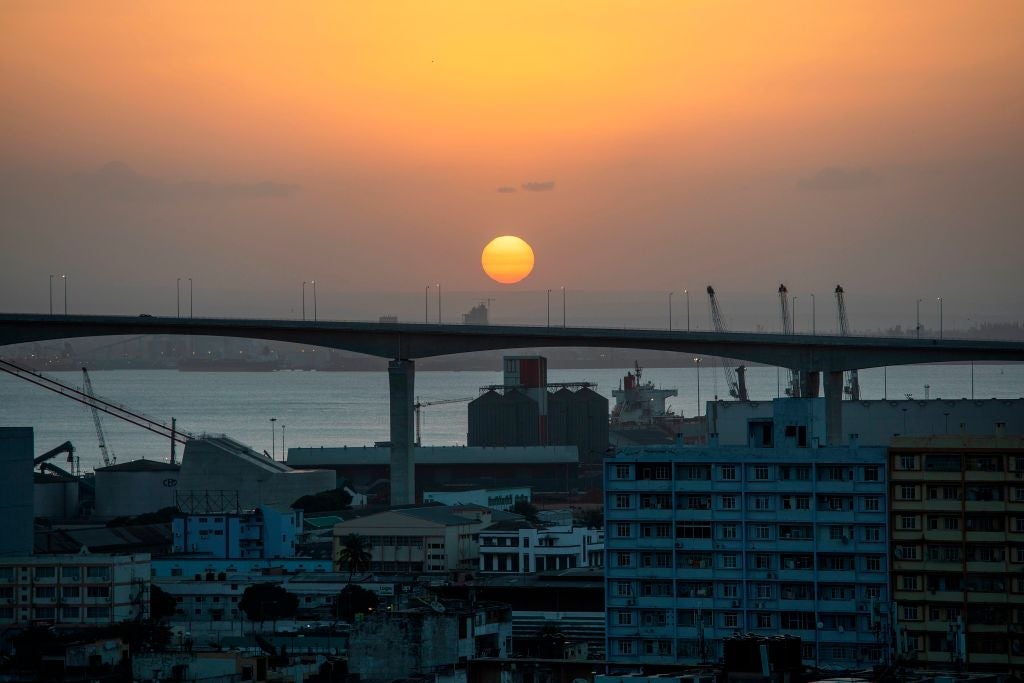

Foreign direct investment (FDI) in Mozambique has been in decline since 2013 due to political uncertainty and falling commodity prices. However, the fact that inward investment has remained steady throughout the Covid-19 crisis, coupled with the country’s abundance of liquefied natural gas (LNG), demonstrates potential for increased inflows going forward.
From 2010, discovery of offshore gas in the Rovuma Basin of Mozambique’s northern Cabo Delgado province has changed the fortunes of one of the world’s least-developed countries. The country has a long coastline along the south-east of Africa that is ripe with opportunities for development. The country also borders South Africa, a market popular with foreign investors.
LNG could still boost Mozambique’s FDI
Mozambique’s FDI inflows peaked in 2013, reaching more than $6bn, from which point they have been steadily decreasing. The discovery of LNG has failed to bring the economic advantages many had hoped for. FDI has further decreased since 2015, due to a drop in commodity prices and a lack of progress in hydrocarbon projects.
Going forward, FDI flows have the potential to increase within the LNG sector in the country. In June 2017, Italian energy company Eni signed an $8bn deal for a floating LNG facility in Mozambique to be manufactured in South Korea. The facility is expected to produce $1.5bn-worth of gas a year from 2022 and Eni has secured a purchase contract with BP, which will buy gas for 20 years.
According to the UN Conference on Trade and Development’s (UNCTAD) World Investment Report 2020, FDI inflows to Mozambique decreased by 18.2% from $2.7bn in 2018 to a ten-year low of $2.2bn in 2019, as FDI in mining contracted by one-third. In the same year, the stock of FDI was about $43bn.
How well do you really know your competitors?
Access the most comprehensive Company Profiles on the market, powered by GlobalData. Save hours of research. Gain competitive edge.

Thank you!
Your download email will arrive shortly
Not ready to buy yet? Download a free sample
We are confident about the unique quality of our Company Profiles. However, we want you to make the most beneficial decision for your business, so we offer a free sample that you can download by submitting the below form
By GlobalDataIn addition to LNG, FDI in Mozambique is focused on the country’s mining, hydrocarbon, logistics, retail and real estate sectors, and there is a growing interest in the coal industry. Mozambique’s main sources of FDI are the United Arab Emirates, Mauritius, China, Italy, the US, South Africa, Portugal and Turkey.
In 2020, despite the Covid-19 crisis, FDI flows remained steady in Mozambique, decreasing by only 6% to $2.2bn, according to UNCTAD. This was mainly due to the implementation of a $20bn LNG project led by oil giant Total.
Political instability in Mozambique deters FDI
Large foreign investment projects in Mozambique are threatened by the country’s political instability. Since 2017, an armed insurgency has been targeting the central government in Maputo in the Cabo Delgado province, where most of the country’s major LNG operations are located. Militant al-Shabab, a splinter group of the Islamic State, is increasing attacks in the country. If Mozambique is to capitalise on its abundant natural resources, it must overcome this political instability, which is damaging investor confidence.
Despite this political instability, the World Bank’s predictions for GDP growth in the country are positive. After a slump to -0.8% in 2020 due to the pandemic, GDP growth is set to rise to 2.8% in 2021 and 4.4% in 2022, outstripping the pre-pandemic level of 2.2% in 2019. Along with a young, growing population and abundant natural gas reserves, the third-largest in Africa, Mozambique has bags of potential, provided it can continue to attract FDI by improving its governance and long-term political stability.


